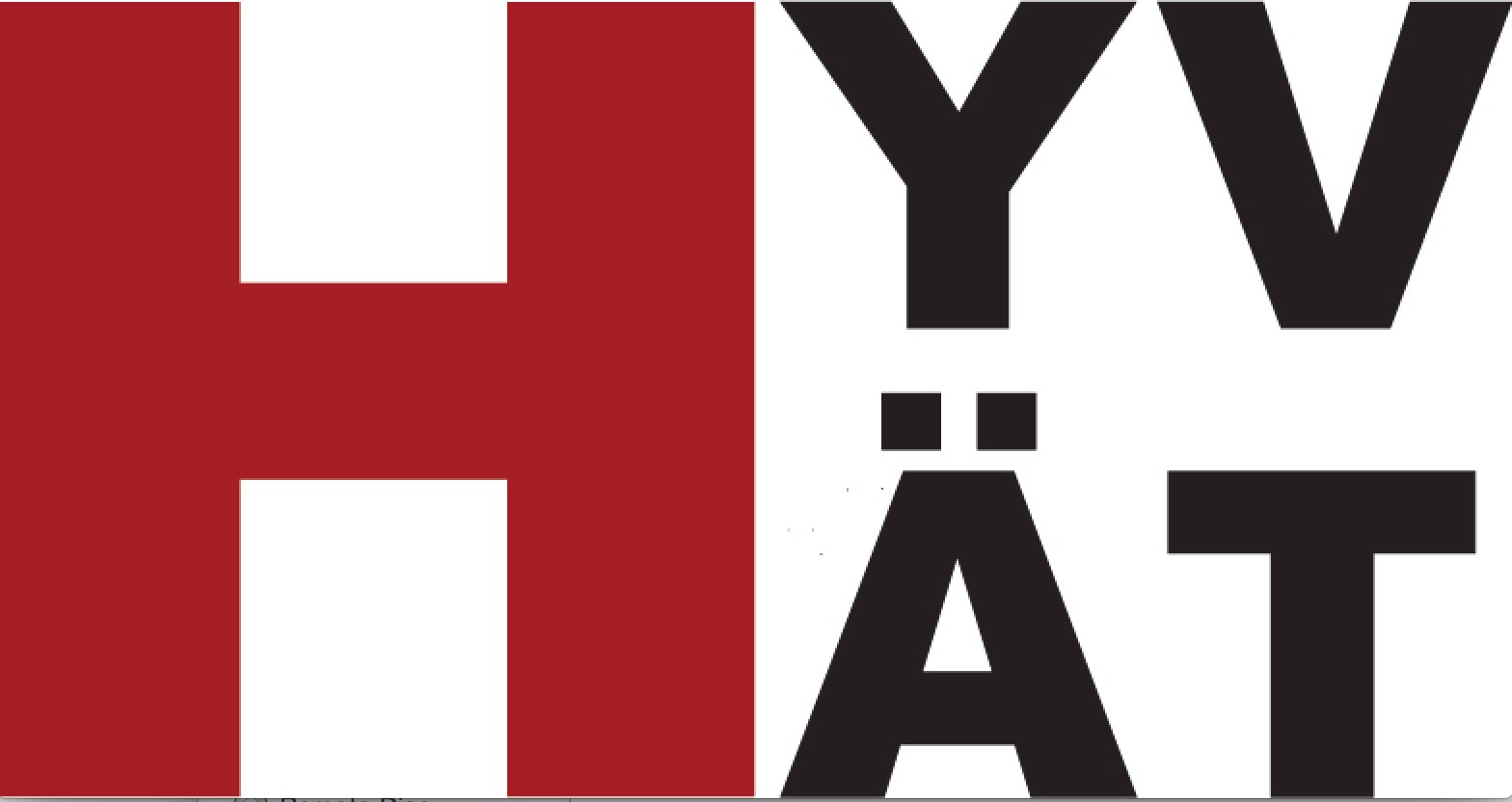In order to keep you informed on what we are up to, we have one more thing in the field of advocacy to announce before the summer:
Because many disciplines have had their web pages shut down as a sudden and unwanted side effect of the many renewal processes at the university, the board decided to take action and write a statement where we call for immediate attention on this issue.
At present, only pages that provide information about bachelor, master, and doctoral programmes have been created, but through them it is impossible to get a clear picture of the research projects, supervisors etc. of the separate disciplines. From the PhD community’s perspective, this matter is urgent because it impacts both our current and future work and career for the following reasons:
- Jeopardizes the future intake of Master and PhD students:
From our experience most PhD students who have started their PhD studies at the University have found disciplinary websites the main source of information, not only about their supervisors, but also about other researchers, students and their research topics. Having an idea about the intellectual environment here can be defining for people when they make the choice of applying to the university. Lack of this information may lead to possible applicants to turn to other universities instead.
- Hinders the connections between research communities:
In the absence of an online presence, PhD communities no longer share a virtual space where to look up and connect to others who may have relevant experience with one’s area of research, funding, or other matters. Furthermore, as many collaborations arise from web browsing, not having such web sources make whole research communities and researchers they are made up of, invisible. This has a degrading effect on research communities and the research environment overall, and if this situation continues, it is likely that the University will fail to attract new expertise.
- Diminishing opportunities for public engagement:
The lack of open disciplinary websites diminishes opportunities for communicating research to the society and the wider public. Journalists, media and other experts are likely to find these web resources necessary, providing information about contact information and the more specific on-going things at the University.
- Impairs the visibility and reputation of the University of Helsinki:
Most other internationally recognized universities have disciplinary pages, usually recognized as departments; not having such visibility will damage the reputation of the University of Helsinki.
- Wasting valuable research time:
Currently, necessary information for PhD students is spread all across the web. Finding out about even simple practical matters requires extensive amounts of time, and can involve the laborious and frustrating experience of being referred from one staff member to another. This is time that could and should be spent on research.

